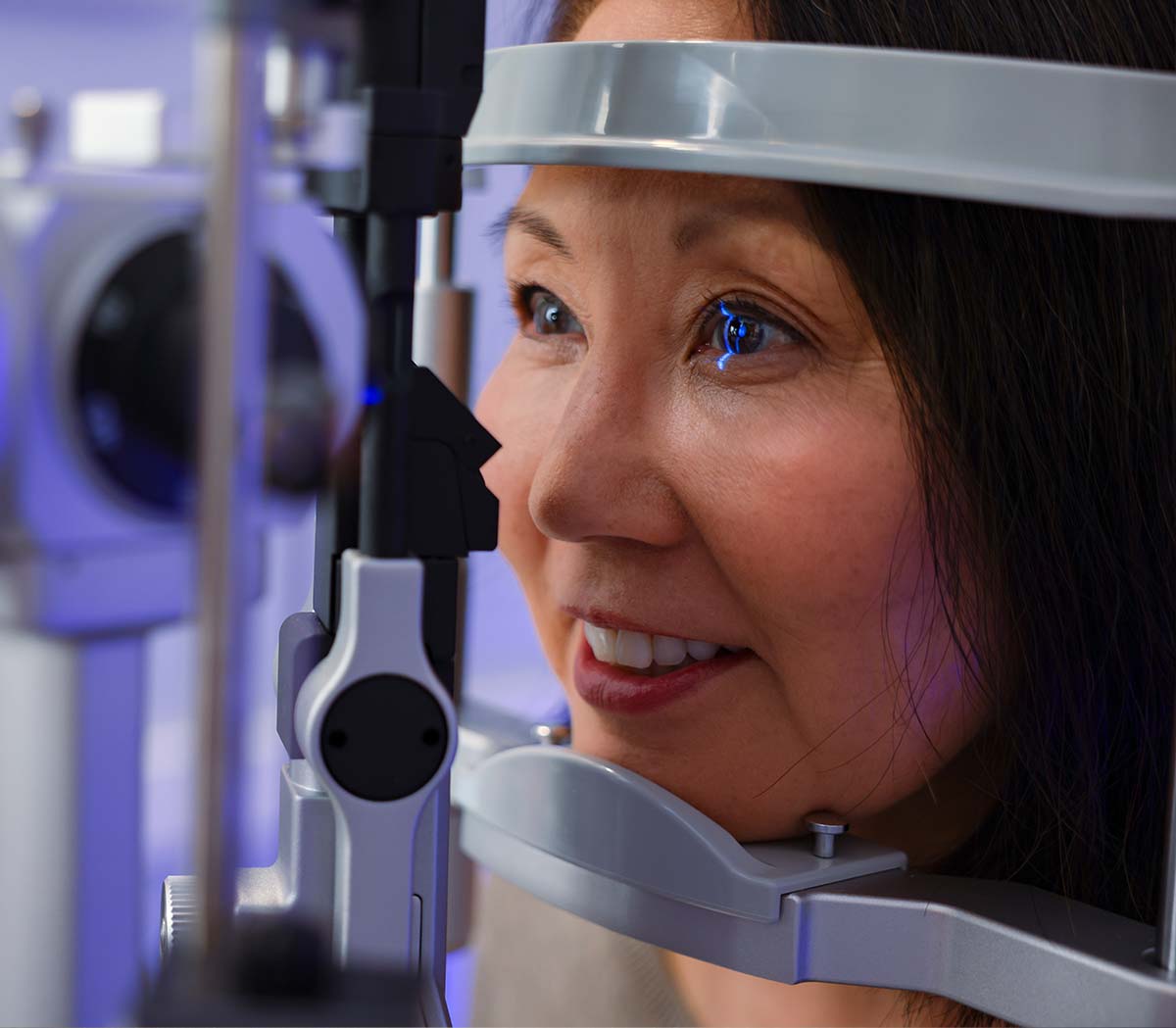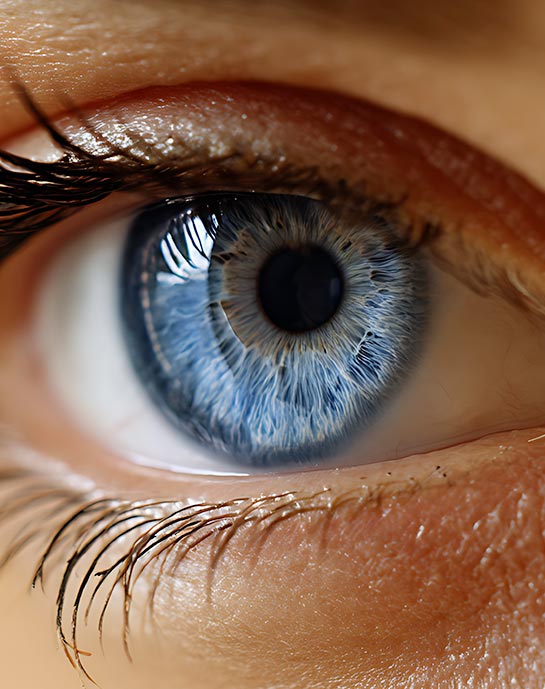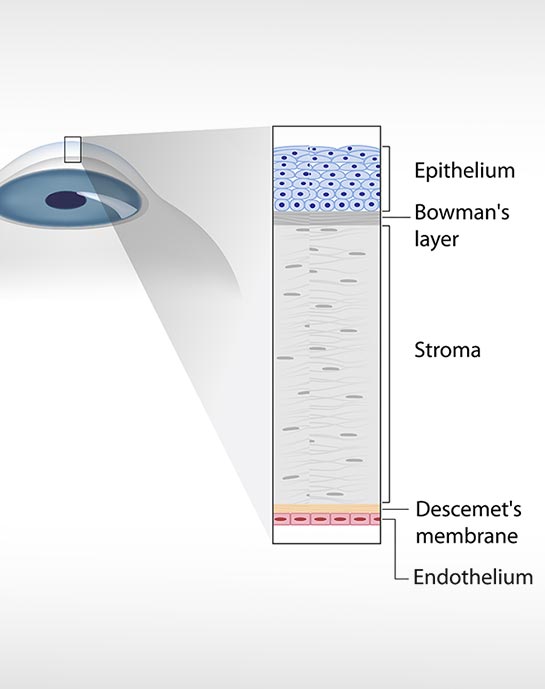Understanding the Cornea and Common Conditions

About the Cornea
The cornea is the transparent, dome-shaped surface that covers the front of the eye. It plays a critical role in focusing vision by bending (refracting) light onto the retina. At Azure Eye Center in Fort Worth and Colleyville, TX, we specialize in the diagnosis and treatment of corneal diseases to help patients maintain clear, healthy vision.
A healthy cornea must remain clear, smooth, and properly shaped to transmit and focus light effectively. Corneal conditions can significantly affect your vision and eye comfort, and early intervention is key to preserving long-term eye health.


Corneal Anatomy: What You Should Know
The cornea consists of five distinct layers, each serving a unique purpose:
- Epithelium – the outermost layer, providing a protective barrier against dust, bacteria, and foreign particles.
- Bowman’s Layer – a tough, clear layer that lies beneath the epithelium.
- Descemet’s Membrane – a thin but resilient inner layer that supports the endothelium.
- Stroma – the thickest layer of the cornea, made primarily of water and collagen to maintain corneal strength and elasticity.
- Endothelium – the innermost layer that helps regulate fluid and keeps the cornea clear.
Symptoms of Corneal Conditions
- Eye pain or discomfort
- Sensitivity to light
- Excessive tearing or eye discharge
- Redness
- Blurred or fluctuating vision
- A foreign body sensation or scratchy feeling
Common Corneal Conditions Treated at Azure Eye Center
 Keratoconus is a progressive eye disease in which the cornea thins and begins to bulge into a cone-like shape. This causes distorted vision and may lead to increased astigmatism or light sensitivity. Patients in Fort Worth and Colleyville with keratoconus are often treated with specialty contact lenses or, in advanced cases, surgical procedures such as corneal cross-linking or transplant.
Keratoconus is a progressive eye disease in which the cornea thins and begins to bulge into a cone-like shape. This causes distorted vision and may lead to increased astigmatism or light sensitivity. Patients in Fort Worth and Colleyville with keratoconus are often treated with specialty contact lenses or, in advanced cases, surgical procedures such as corneal cross-linking or transplant.Fuchs’ Dystrophy is a progressive genetic disorder in which the corneal endothelium deteriorates over time, leading to swelling, blurred vision, and potential scarring. As the disease advances, surgical intervention such as endothelial keratoplasty may be required.
Scarring from injury, infection, or surgery can obstruct the path of light entering the eye, leading to decreased vision. Treatment options may include laser therapy or corneal transplant, depending on the location and depth of the scar.
If you’re experiencing symptoms related to any of these conditions in Fort Worth or Colleyville, TX, schedule a consultation at Azure Eye Center for expert diagnosis and personalized care.
Request A
Consultation
To request a consultation with Azure Eye Center, please click link below.

